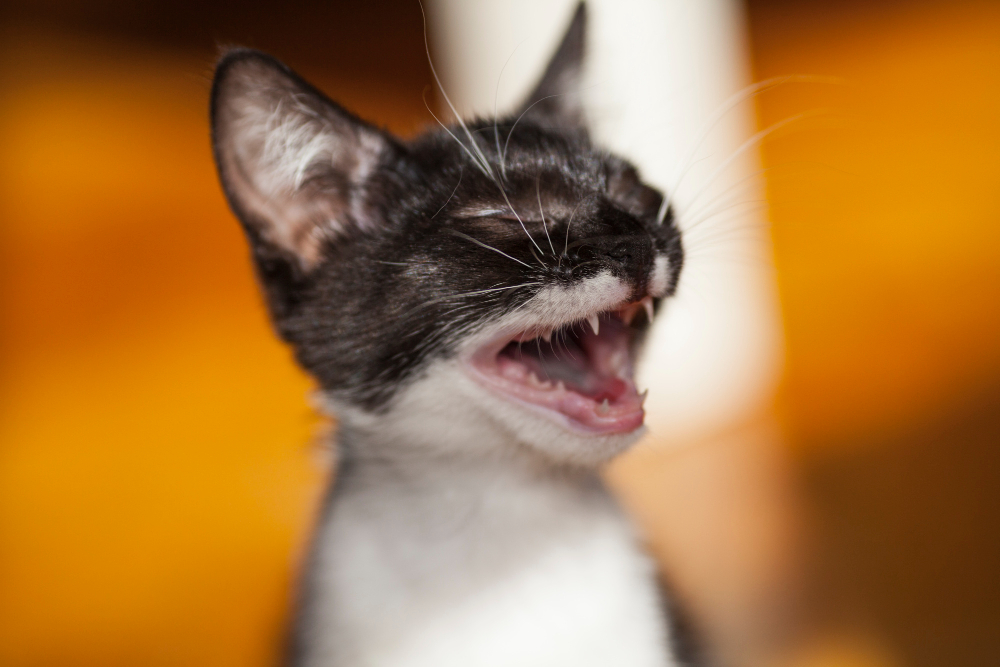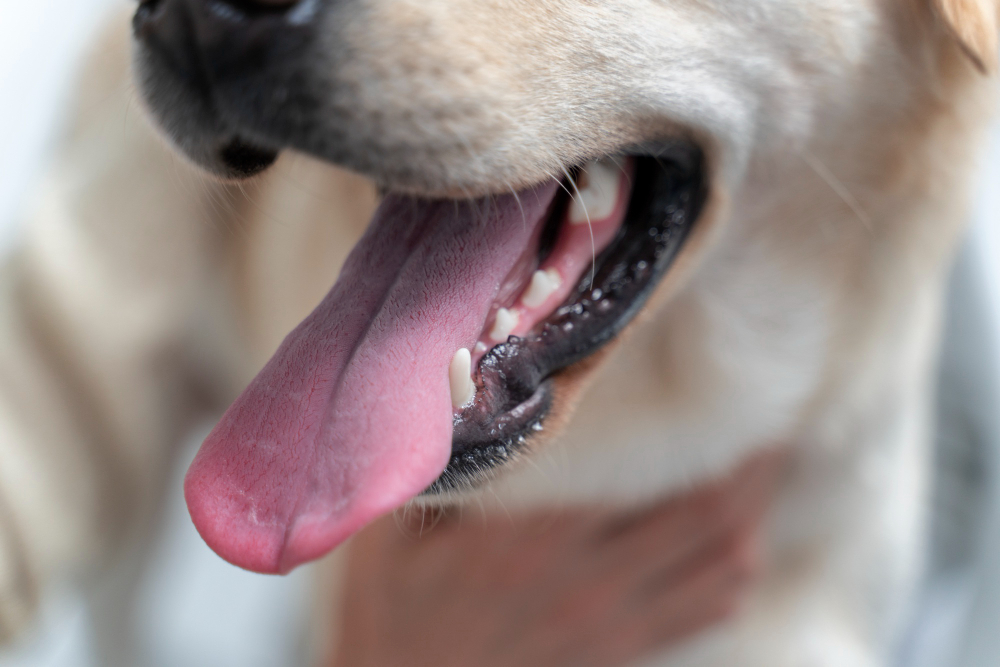
Decoding Feline Sneezing: Investigating the Reasons Behind Why Your Cat Is Sneezing
Cats are known for their graceful and enigmatic demeanor, but even these elegant creatures are not immune to the occasional sneeze. Feline sneezing may seem like a minor inconvenience, but it can indicate various underlying factors that warrant attention. From harmless reactions to potential health concerns, understanding why your cat sneezes is crucial in ensuring their well-being. In this investigation, we delve into the world of feline sneezing, decoding its mysteries and shedding light on what might be causing your cat’s unexpected expulsions of air.
Cats Can Catch It Too
Cats can catch colds like humans, and sneezing is a common symptom. Viruses like the feline herpesvirus or the calicivirus often cause feline upper respiratory infections. These infections can lead to sneezing, runny noses, watery eyes, and coughing. While colds are usually mild and self-limiting, monitoring your cat’s symptoms and ensuring they stay hydrated and comfortable during recovery is essential.
Sneezes Triggered by Irritants
Cats can develop allergies just like humans. Dust, pollen, mold, cigarette smoke, or even certain types of cat litter can trigger allergic reactions that lead to sneezing. While allergies are often not life-threatening, they can cause discomfort and persistent sneezing. Identifying and eliminating the allergen from your cat’s environment can help alleviate their symptoms and improve their overall well-being.
Nasal Irritation and Sneezing
Curious by nature, cats investigate their surroundings by sniffing and sometimes even putting their noses where they don’t belong. This behavior can lead to foreign objects lodging in their nasal passages, causing irritation and sneezing. If you suspect your cat might have inhaled a foreign object, seeking veterinary attention is crucial to prevent further complications.
The Connection to Sneezing
Believe it or not, dental problems can sometimes lead to sneezing in cats. Tooth infections or gum issues can create a pathway for bacteria to travel to the nasal passages, triggering sneezing as a response. Regular dental care and check-ups can help prevent such complications and ensure your cat’s oral health.
Underlying Bacterial Involvement
While viral infections are common culprits of sneezing, bacterial infections can also play a role. Bacterial rhinitis, characterized by inflammation of the nasal passages, can lead to sneezing, nasal discharge, and congestion. A visit to the veterinarian is crucial for diagnosing and treating bacterial infections effectively.
Dry Air and Sneezing
Dry air can irritate a cat’s sensitive nasal passages, resulting in sneezing. During the colder months or in areas with low humidity, using a humidifier in your home can help alleviate this issue and provide your cat a more comfortable environment.
When Sneezing Isn’t Simple
While most instances of feline sneezing are not cause for significant concern, persistent or severe sneezing could be a sign of more serious health issues. Conditions like nasal polyps, tumors, or fungal infections could manifest as chronic sneezing. If your cat’s sneezing is accompanied by other symptoms like difficulty breathing, bloody discharge, or changes in behavior, consult a veterinarian promptly.
Expert Diagnosis
If your cat’s sneezing is persistent, severe, or accompanied by other concerning symptoms, it’s crucial to seek professional veterinary care. A veterinarian can thoroughly examine, run tests, and provide a precise diagnosis. Prompt diagnosis and treatment can alleviate your cat’s discomfort and address underlying health issues.
Navigating Feline Sneezes with Care
Feline sneezing may seem minor, but it can hold valuable insights into your cat’s health and well-being. From common colds and allergies to more severe health concerns, decoding the reasons behind your cat’s sneezing is crucial for their comfort and longevity. As responsible cat guardians, paying attention to your cat’s behavior, monitoring their symptoms, and seeking veterinary attention ensures that your beloved feline friend receives the care and support they need to lead a healthy and happy life.

